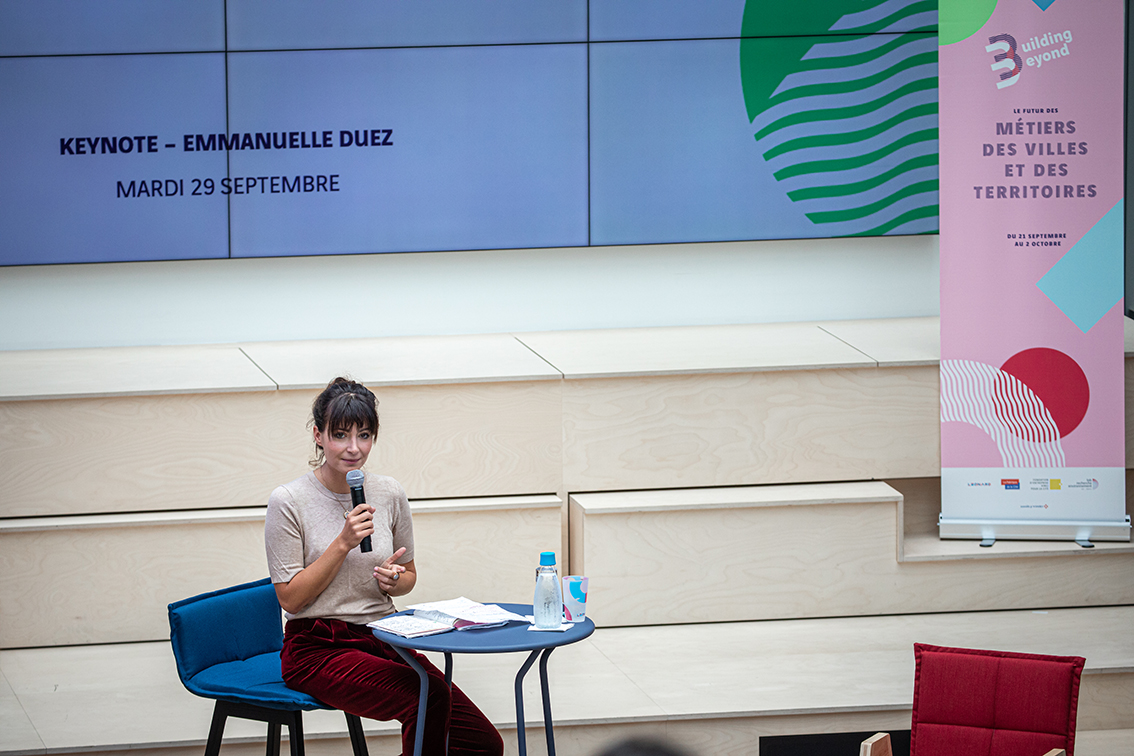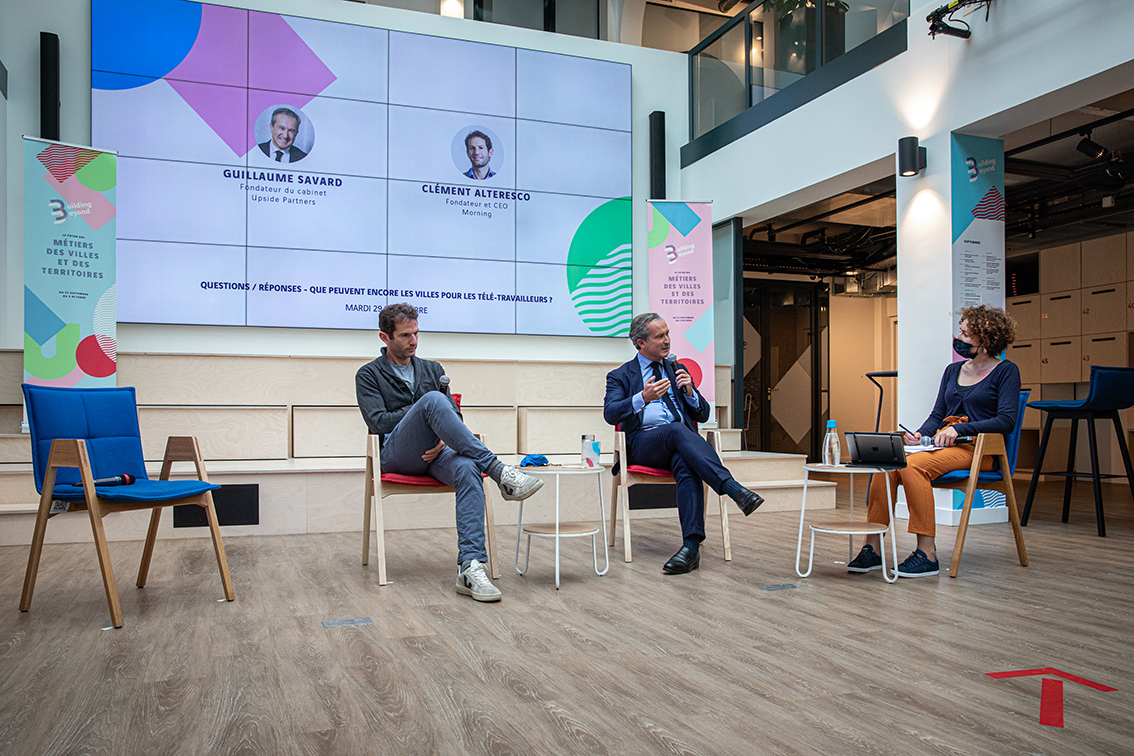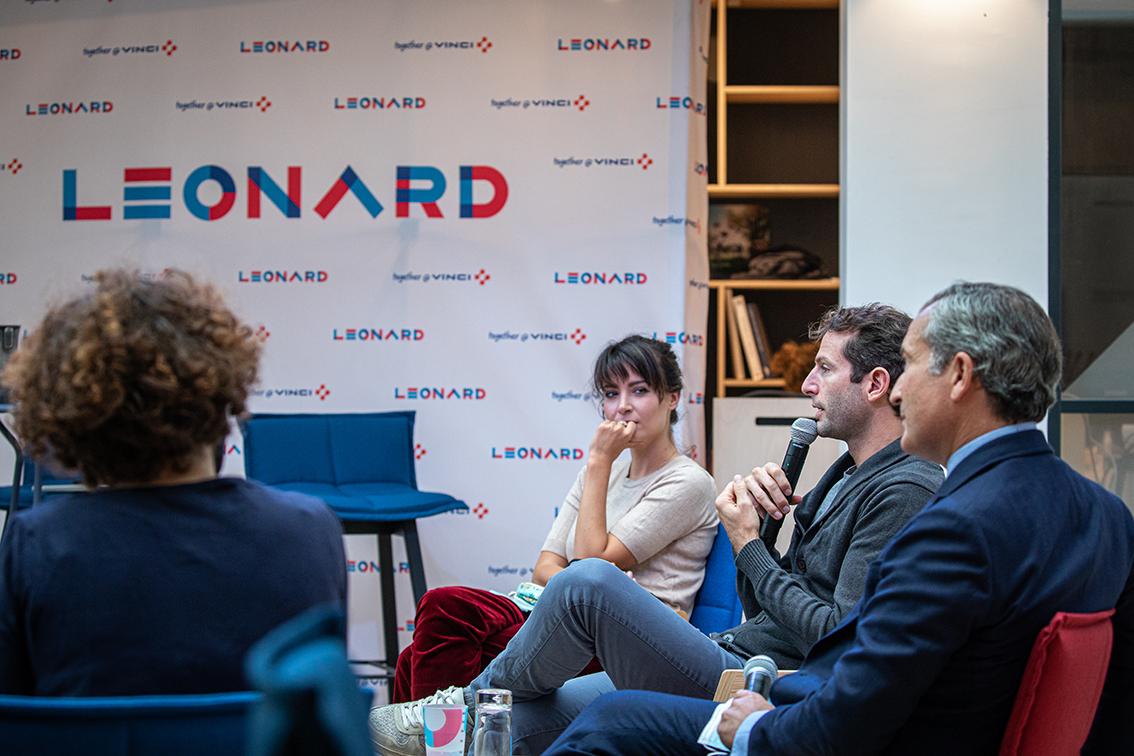Before the Covid-19 health crisis enforced a nationwide lockdown, only 4% of France’s workforce teleworked. Since then, many workers have seen their professional lives completely transform due to teleworking. “More than 10 million people now work remotely, that’s 15 to 20% of workers,” explains Guillaume Savard, CEO and founder of Upside Partners workplace consultancy. “400 company agreements are currently under negotiation.” In addition to these figures, a new social order is arising, as explained by Clément Alteresco, founder and manager of Morning, a coworking company. “The health crisis created a social breakdown which is affecting a growing number of the population. The employee is now responsible for choosing where to work – yet they might not necessarily have the answer.”
Space as a catalyst for change
Work fragmentation fuels ambivalence. The a priori calm and comfort guaranteed at home sometimes dissuades some to return to “the office”, where the often anxiety-inducing turmoil of the collective dominates. “We work with a very big company which employs around 400 people, a quarter of which didn’t want to come back to the office,” points out Guillaume Savard. The effect of a lack of alternative isn’t felt less. “What’s set in motion since the lockdown? It’s the Other. There’s a sense of community organizing at work,” explains Emmanuelle Duez citing studies carried out by The Boson Project, the agency she founded which is specialized in work transformation topics. According to the expert, the sense of shared interest (or shared commitment), knowledge transfer and resilience form the dominant company trends in this era ushered in by the coronavirus epidemic. This is where the tidal wave begins, which will make the workspace a catalyst for change.
Open-plan offices “fueled the standardization of workspaces.” The workplace must reincarnate, to truly reflect a company’s identity and intangible heritage. Architects and designers must think like sociologists, psychologists and philosophers. This new hybrid role responds to two related issues. On one hand and in the short term, “excessive teleworking has broken social cohesion,” explains Emmanuelle Duez. On the other hand and in the long term, the office can be restored as the “place for social justice” as a “space as a managerial lever”. Space tells a story, and a company’s headquarters is like a corporate symbol – it has to make itself more attractive to those who work there. All the more so when employees aren’t there twice a week. “The office will become a preferred destination depending on needs,” observes Guillaume Savard.

Local co-working spaces
The office is (almost) dead. Long live the office? Clément Alteresco warns of the negative effects of remote working. “There is profound managerial disarray. Traditional face-to-face management is being replaced by digital online methods.” Would the distance break trust? “You have more time when teleworking, and can focus better and work more in-depth on the task at hand, as long as the practices make sense and the procedures and objectives are understood,” explains Guillaume Savard.

However, not everybody is equal when it comes to teleworking, which the lockdown period testified in every way. Likewise, with workplace ‘archipelagisation’, not everyone has equal access to co-working space. “There are around 500 co-working spaces in the Île-de-France region, but there is no network nationwide. The co-working economic model functions in densely-populated areas. It must be improved if it is to also work in less-densely populated areas,” warns the founder of Morning. Is this era signaling the emergence of local workspaces? “Co-working will function near to where employees live,” judges Guillaume Savard. An opportunity is emerging for small towns, but Guillaume Savard believes it will take a long time to materialize against the “cluster effect of big cities.” As real estate prices rise in big cities, will this prompt various players to take action quicker?

